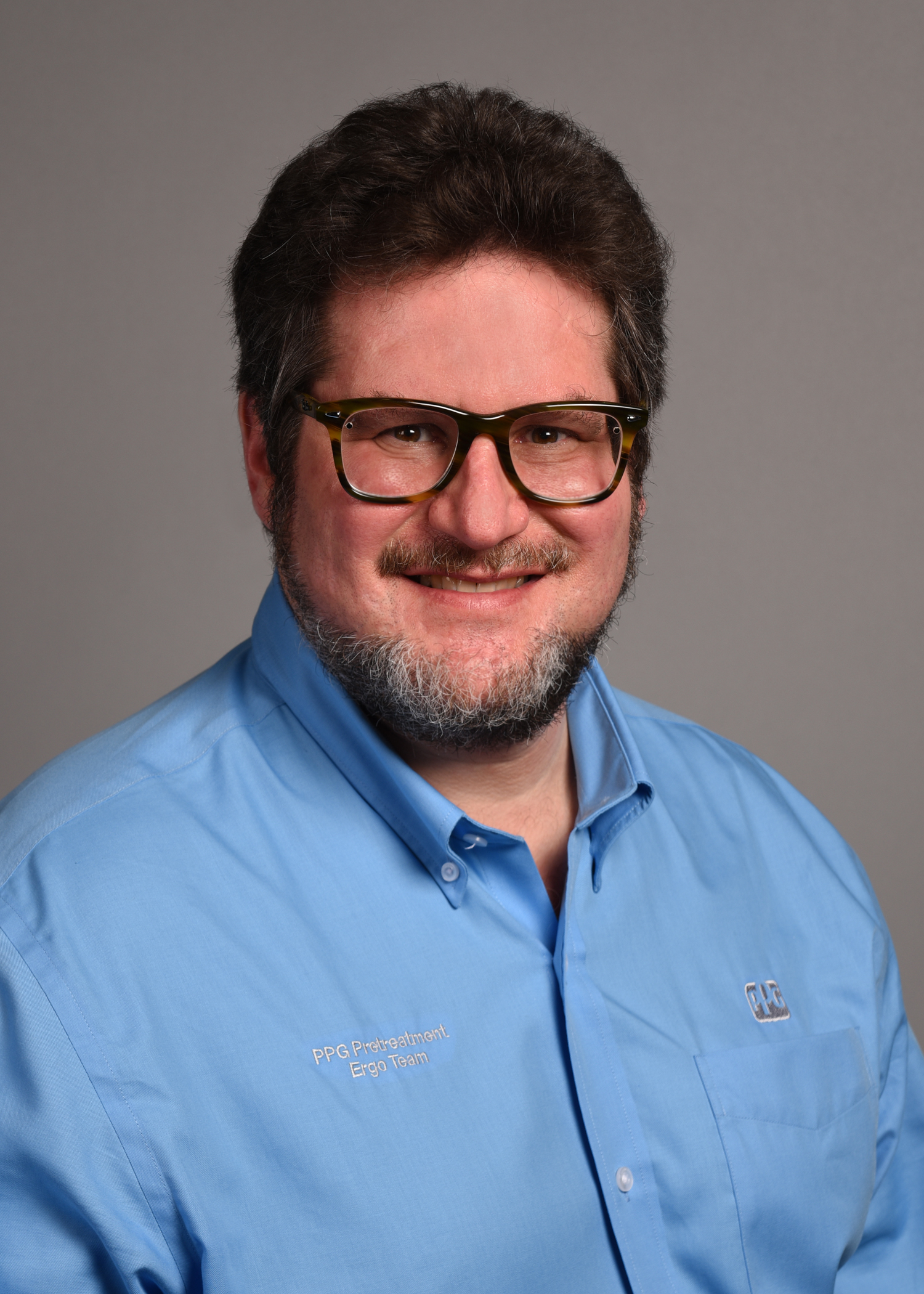*** Please note, each row and course# listed below is a separate, complete course. ***
Automotive OEM Coatings Chemistry and Applications
| Course# | Date | Time | Location |
|---|---|---|---|
| 109-1125 | 08/05/2025 - 08/06/2025 | 8:00 AM - 4:00 PM | Microsoft Teams |
Online Registration
CEU's: 1.6
Instructor: Howard Senkfor
Course Overview
This course is designed to teach using a practical approach to the chemistry of various coatings types employed on Automotive OEM vehicles. It is targeted for chemist, engineers, formulators and others who want to learn about coating chemistry. The course will take the student from the micro level (how monomer properties impact polymer properties) to the macro level (crosslinking mechanisms, typical additives impact on performance, color, etc…). We will cover the various types of polymers used in thermoset coatings and several of the key cure/crosslinking types (1K and 2K) for baked system used on new cars. In the class we will review Waterborne and Solventborne systems, why one uses various solvents and common additive types. There will be an overview of spray gun and pigment designs, color theory, durability defects and much more. This course is an excellent introduction or enhancement of understanding for a chemist of any level of experience and designed to create a solid foundation of knowledge in OEM coatings. Please see the outline for more details.
Note: While many of Refinish type coatings share similar chemistry with OEM types, they are not the primary focus of this course. Ambient cure coatings’ chemistry will not be covered with the exception of Polyureas. Architectural and House coating types are beyond the scope of this course.
Instructor Biography:
 Howard Senkfor has been working for PPG Industries for over 30 years as an expert developing and commercializing a spectrum of Automotive OEM product types including: primers, basecoats, clearcoats, and waterborne/solventborne systems (1K and 2K systems) targeting plastic and metal substrates for global automotive customers such as GM, Ford, Toyota, Nissan, Fiat, BMW, VW, and many others. In addition, has also developed new closed loop waste water treatment products, new coatings for the US Air Force to protect forces & facilities from various threats and has worked with inorganic anti-corrosive Pretreatment coatings designed for mixed metal systems (i.e. Aluminum, Galvanized and CRS).
Howard Senkfor has been working for PPG Industries for over 30 years as an expert developing and commercializing a spectrum of Automotive OEM product types including: primers, basecoats, clearcoats, and waterborne/solventborne systems (1K and 2K systems) targeting plastic and metal substrates for global automotive customers such as GM, Ford, Toyota, Nissan, Fiat, BMW, VW, and many others. In addition, has also developed new closed loop waste water treatment products, new coatings for the US Air Force to protect forces & facilities from various threats and has worked with inorganic anti-corrosive Pretreatment coatings designed for mixed metal systems (i.e. Aluminum, Galvanized and CRS).
He is an inventor on 19 issued US patents and as well 20+ international pending patents. His patents cover a wide range of areas including: new classes of organic amines, new fire retardant polymer/coating designs, phosphorus based polymers, poly thio-ureas and polyurea coatings. He graduated from The College of Wooster with Bachelor of Arts degree in 1985 and joined PPG Industries after graduating.
Howard is currently working as a Senior Development Chemist Associate at PPG Industries specializing in anti-corrosion coatings (including thin-film) for the Automotive OEM industry and is an in-house expert on X-ray Fluorescence (XRF) spectroscopy. With his knowledge base, he teaches a number of internal and customer facing classes: Coatings Chemistry, Six Sigma Quality, Lean Manufacturing and other courses.
Paint 101 - Automotive OEM Coatings
Chemistry and Application
Tentative Outline (April 2017)
- Overview
- Coating layers on Vehicles
- Coating vernacular
- Polymers
- Primer/Basecoat/Clearcoat
- Thermo- plastic vs. –set
- Overview of paint composition
- Properties of Polymers
- MW and Tg effects
- Intermolecular effects
- General Resin (Synthesis) Chemistry/Design of Building Blocks
- Acrylics
- Synthesis overview and common monomers
- Polyesters
- Diols, Acids
- Structure properties relationship
- Examples of polyesters
- Urethane Resins
- Isocyanates
- Examples of urethanes
- Poly-THF resins
- Acrylics
- Crosslinking
- Melamine
- Reaction/mechanism
- Melamine hydroxyl vs. carbamate
- Melamine types
- Catalyst
- Advantage/Disadvantage
- Epoxy-Acid
- Reaction
- Advantage/Disadvantage
- Urethane - Isocyanate
- Reaction
- Examples of Isocyanates
- Advantage/Disadvantage
- Polyurea - Isocyanate
- Reaction
- Why Polyurea vs. others
- Melamine
- Curing Mechanism Comparison
- Waterbase vs. Solventbase
- Concept
- Latex structure
- Coalescence mechanism
- Compare/Contrast of Waterborne vs. Solventborne
- E-coat
- What it is
- How it is applied
- Cure mechanism
- Compact Processing
- Other Paint components
- Solvents
- Solvents Blend & Evaporation profile concept
- Types (alcohol, acetate, ketones, etc…)
- Roles
- Additives
- Surfactants
- UV/HALS
- Mechanisms
- Examples
- Rheology
- Rheology vs. viscosity
- Rheology types
- Measuring viscosity
- Types
- Pros/Cons
- Rheology Agent examples/mechanism
- Pigments
- Types
- Effect Pigments
- Pigment Grinding/Dispersion concepts
- Stabilizing dispersed pigments
- Grinding Mill design basics
- Solvents
- Measuring Color
- LAB vs LCH
- Color Tolerancing
- Painting Processing
- Challenges of painting plastic - AdPro
- Challenges of painting metal – Cleaning & Pretreatment
- How is paint applied
- Air Atomized guns
- Airless Guns
- Turbo Bell guns
- Spray Process Management
- Durability and Defects of coatings
- Cleaning paint lines and Detack/paint wastewater treatment
